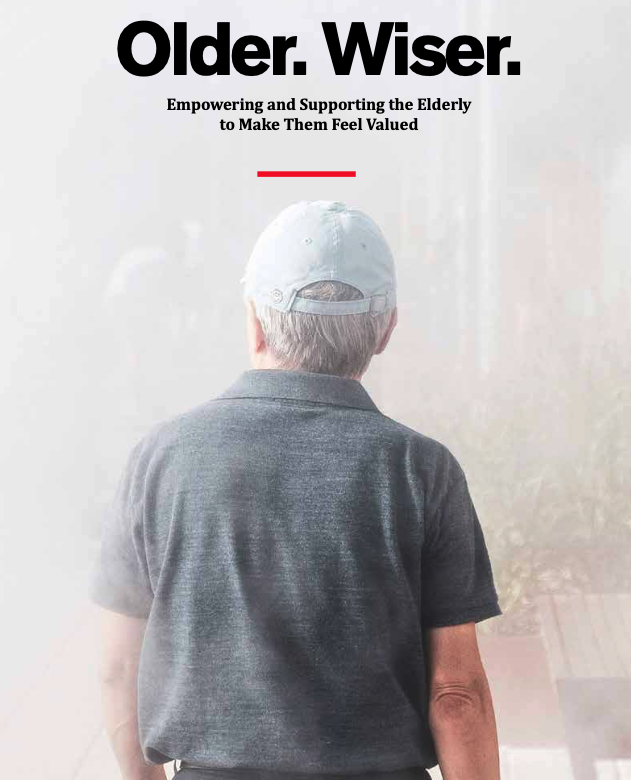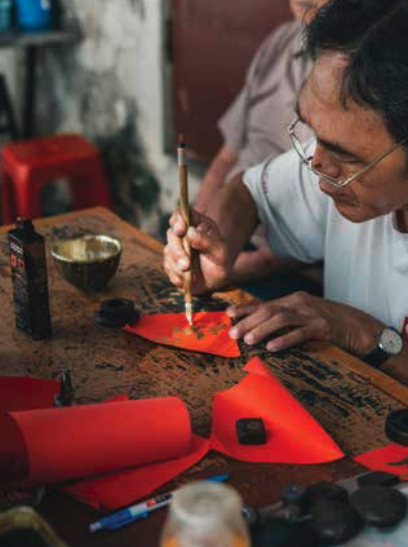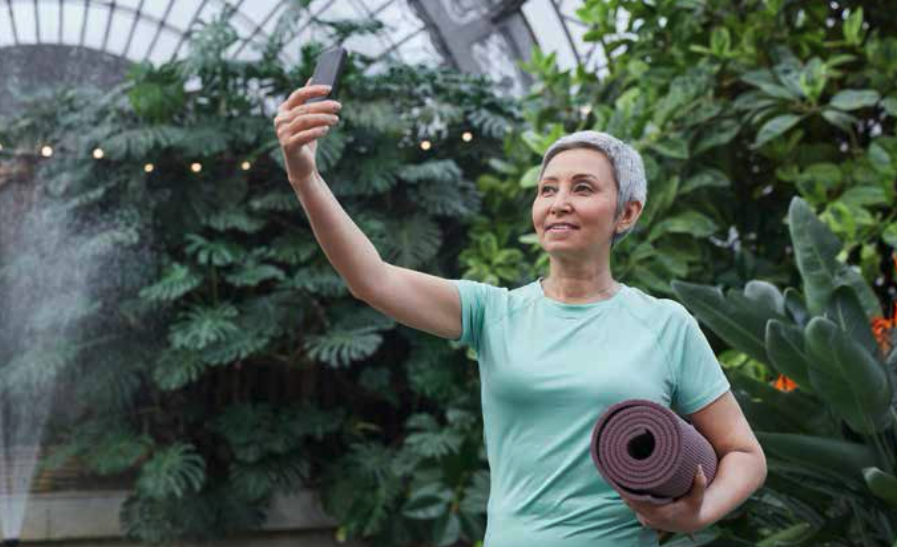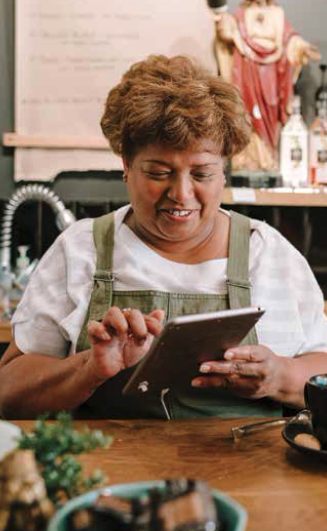Empowering and Supporting Older Adults to Make Them Feel Valued
Society often celebrates youth and productivity, while overlooking the importance of valuing older adults in society. Yet their wisdom, resilience, and contributions remain invaluable.
A 2021 study by Age Scotland revealed that only one in five older people felt valued, while more than a third felt like a burden. This shows the urgent need to build communities where older adults feel included and respected—not only in Scotland, but also here in Singapore.
Too often, we focus on work, children, and peers, and forget the voices of parents or relatives in later life. This is not just about loneliness—it is about continuing to feel significant.
When we commit to valuing older adults in society, we enrich everyone. Respect, inclusion, and empowerment ensure that people in later life can thrive and remain engaged.
Challenging Ageism: A Step Toward Valuing Older Adults in Society
Ageism is discrimination or stereotyping based on age. It can show up as misconceptions, assumptions, or barriers that limit participation. These attitudes exclude older people and diminish their contributions.
We can change this. Ageing is not decline—it is growth marked by adaptability, resilience, and accumulated wisdom. Highlighting these strengths builds a healthier and more inclusive understanding of ageing, where every stage of life is valued.
Family and Community Inclusion: Recognising Older People’s Role
Building Everyday Connections
Relationships are central to well-being. A phone call, a shared meal, or time spent together shows people they matter. These gestures build connection and trust.
Creating Meaningful Roles
Many older adults want to keep contributing. Involving them in cooking, mentoring, or family decisions affirms their role. Choosing tasks that fit their abilities helps them feel capable and appreciated.
Learning From Lived Experience
Stories, advice, and skills passed down enrich families. Asking questions and learning actively from people in later life strengthens bonds and demonstrates respect.
Economic Participation: Empowering People in Later Life
Work and Career Opportunities
Older adults continue to shape the economy. Some remain in the workforce for income and fulfilment, while others mentor, consult, or pursue new ventures.
Singapore’s Action Plan for Successful Ageing supports this with measures like higher retirement ages, the Senior Employment Credit, and the Part-time Re-employment Grant. Employers are also encouraged to redesign jobs so older workers can remain active and productive.
Lifelong Learning
The SkillsFuture Mid-Career Support Package enables people in later life to reskill, earn certifications, or explore new industries. Learning opportunities boost adaptability and confidence, proving that growth does not end with age.
Volunteering
Volunteerism provides meaning while strengthening communities. From befriending initiatives to guiding in museums or mentoring youth, these opportunities allow older adults to contribute their talents in impactful ways.
By supporting economic participation, we create structures that truly reflect valuing older adults in society.
Bridging the Digital Divide for Older Adults
Barriers Older Adults Face
Technology is part of daily life, but many people in later life face challenges. Smartphones, apps, and online systems can feel overwhelming, especially with frequent updates or security concerns. Physical changes such as reduced vision or dexterity can also add barriers.
Government and Community Support
Singapore has invested in narrowing this gap. Seniors Go Digital provides training in libraries and community hubs. Digital Ambassadors offer one-on-one guidance, while the Mobile Access for Seniors scheme ensures affordability with subsidised devices and data plans.
The Role of Families and Inclusive Design
Families play a vital role. Patient guidance, repeated practice, and encouragement turn technology into empowerment. Celebrating small wins—sending a photo, making a call, ordering a meal online—builds confidence.
Inclusive design is also critical. Larger fonts, simplified navigation, and voice support make apps easier for everyone. Businesses that adopt these principles show they value all age groups.
Benefits of Digital Inclusion
With digital skills, older adults can book medical appointments, attend online exercise classes, join hobby groups, and connect with loved ones worldwide. Technology also enables new learning opportunities and even entrepreneurial projects.
Bridging the divide is not just about tools—it is about ensuring equal participation and valuing inclusion in a connected society.
Holistic Health and Well-being in Later Life
Preventive Care
Health is more than treatment. Preventive care, active lifestyles, and regular check-ups all help people in later life stay well.
Community Programmes
Active Ageing Centres provide social activities, befriending, and care referrals. Memory clinics and outreach teams support early identification of dementia, while day care services help maintain quality of life.
Care and Support Services
Community counselling and rehabilitation services provide ongoing support. These programmes preserve dignity while offering practical help to older adults and their caregivers.
Conclusion: The Power of Valuing Older Adults in Society
Creating a society that values people of all ages require collective effort. By challenging ageism, strengthening community ties, supporting economic participation, bridging the digital divide, and promoting holistic health, we build inclusivity for all.
When we commit to valuing older adults in society, everyone benefits. Families, workplaces, and communities grow stronger. A society that empowers people in later life becomes wiser, more compassionate, and more resilient. PRIME

















Leave A Comment